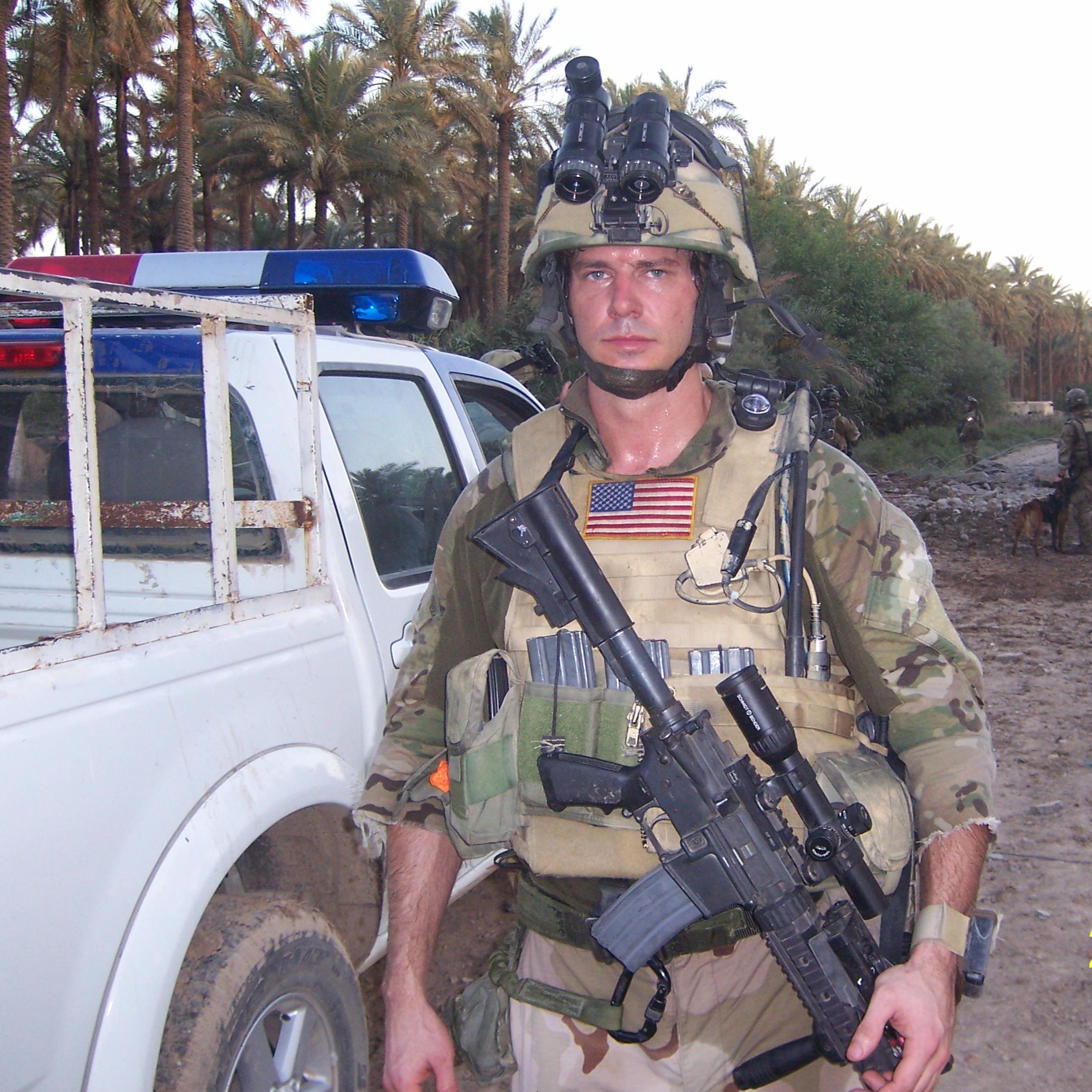Delta Force: The Elite Unit Of The United States Army - Despite their success, the Delta Force faces numerous challenges in their operations. The inherent risks of working in hostile environments, combined with the ever-evolving nature of threats, require constant adaptation and innovation. Ensuring the safety of operators while achieving mission objectives is a delicate balance that the unit must maintain. The Delta Force is equipped with the latest in military technology, ensuring they have the tools needed to succeed in their missions. This includes state-of-the-art firearms, night vision devices, and communication equipment. The unit also utilizes specialized vehicles and aircraft, allowing them to deploy rapidly and effectively.
Despite their success, the Delta Force faces numerous challenges in their operations. The inherent risks of working in hostile environments, combined with the ever-evolving nature of threats, require constant adaptation and innovation. Ensuring the safety of operators while achieving mission objectives is a delicate balance that the unit must maintain.
We invite you to engage with this content by sharing your thoughts and insights in the comments section below. Your feedback helps us improve and provide more valuable information. Additionally, explore other articles on our site to deepen your understanding of military operations and global security issues.
Delta Force teams are small, highly skilled units capable of operating independently or as part of larger operations. Each team consists of specialized roles, including team leaders, snipers, communicators, and medics. This diverse skill set ensures that the team is prepared for any situation they may encounter during a mission.
Investment in advanced training methods and technology will play a key role in shaping the future of the Delta Force. Embracing new technologies and incorporating them into training programs will ensure that operators are prepared for the challenges of tomorrow. This forward-thinking approach will help maintain their position as leaders in the field of special operations.
Joining the Delta Force is not for the faint-hearted. Candidates must be members of the U.S. Army, typically with prior experience in special operations. The selection process is grueling, testing not only physical endurance but also mental resilience and tactical skills. Only a select few make it through this rigorous evaluation.

Formed in 1977, the Delta Force was established in response to the growing threat of terrorism and the need for specialized skills in unconventional warfare. This unit is tasked with conducting high-stakes operations, including counter-terrorism, hostage rescue, and direct action missions. Their capabilities extend beyond traditional military operations, making them an indispensable asset to the United States Armed Forces.

The Delta Force has been involved in numerous successful operations that have had a significant impact on global security. From the capture of high-profile targets to the prevention of large-scale terrorist attacks, their accomplishments are a testament to their effectiveness. These successes have earned them respect and admiration from both military and civilian communities.
UK SAS Sergeant Major 7/7 SAS Ground CDR Who Dares Wins TV The
Globally, the Delta Force is regarded as one of the best special operations units. Comparisons with international counterparts such as the British SAS and Israeli Maglan highlight the similarities and differences in training, equipment, and operational focus. These comparisons underscore the importance of international cooperation and knowledge sharing in enhancing global security efforts.
As the nature of threats continues to evolve, so too must the Delta Force. Emerging challenges such as cyber warfare and asymmetric threats require new strategies and capabilities. The unit's ability to adapt and innovate will be critical in maintaining its effectiveness in the years to come.
The concept of the Delta Force was born out of the need for a specialized unit capable of handling complex and high-risk operations. In the 1970s, the rise of international terrorism prompted the U.S. military to create a force that could respond effectively to such threats. Colonel Charles Beckwith, inspired by the British Special Air Service (SAS), spearheaded the creation of the Delta Force. Officially activated in 1977, the unit quickly became a cornerstone of U.S. special operations.
Once selected, operators undergo an intensive training regimen designed to prepare them for the most challenging missions. This includes advanced marksmanship, close-quarters combat, and specialized skills such as free-fall parachuting and urban warfare. The training emphasizes teamwork, problem-solving, and adaptability, ensuring that each operator is capable of performing under any circumstances.